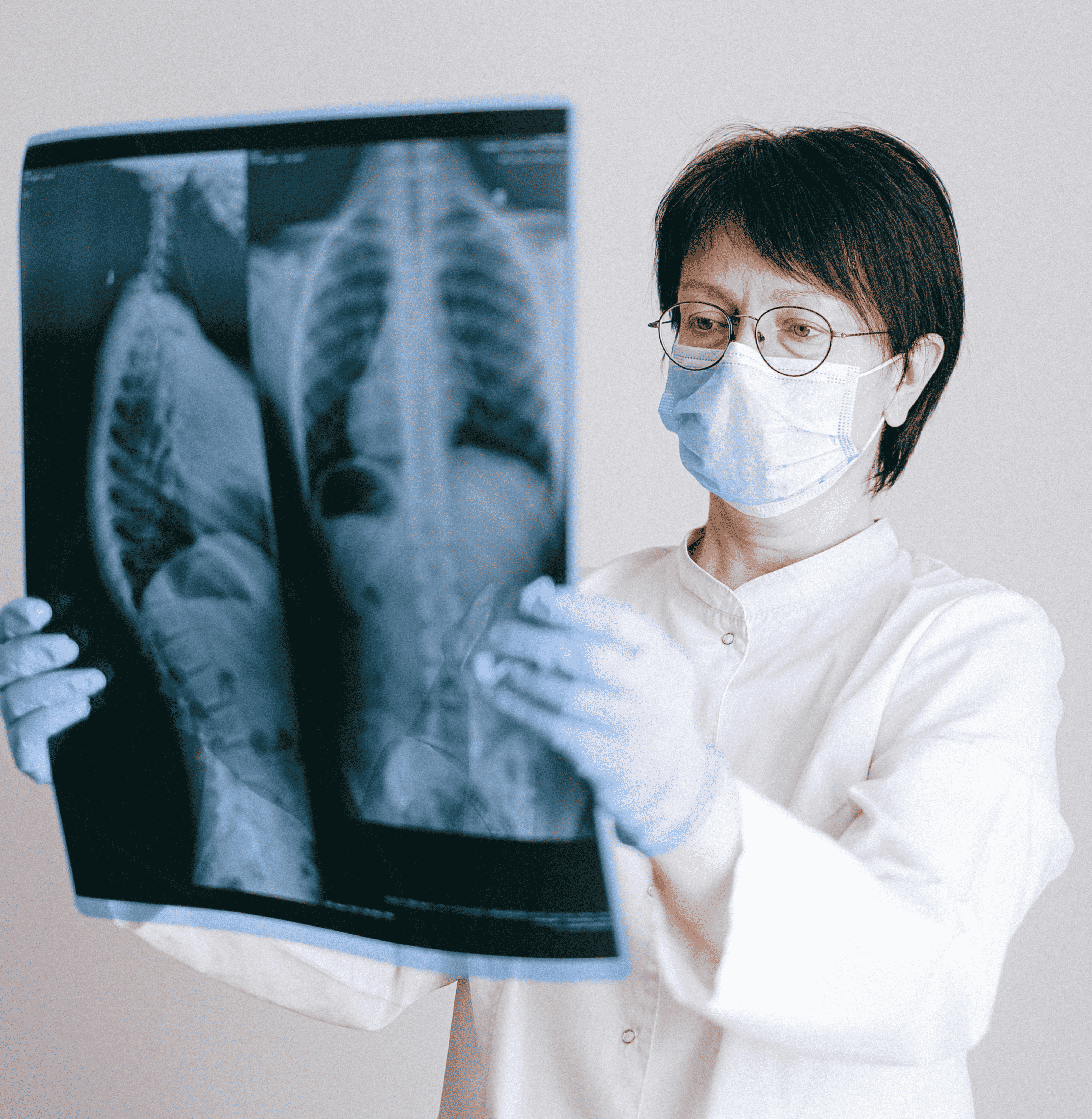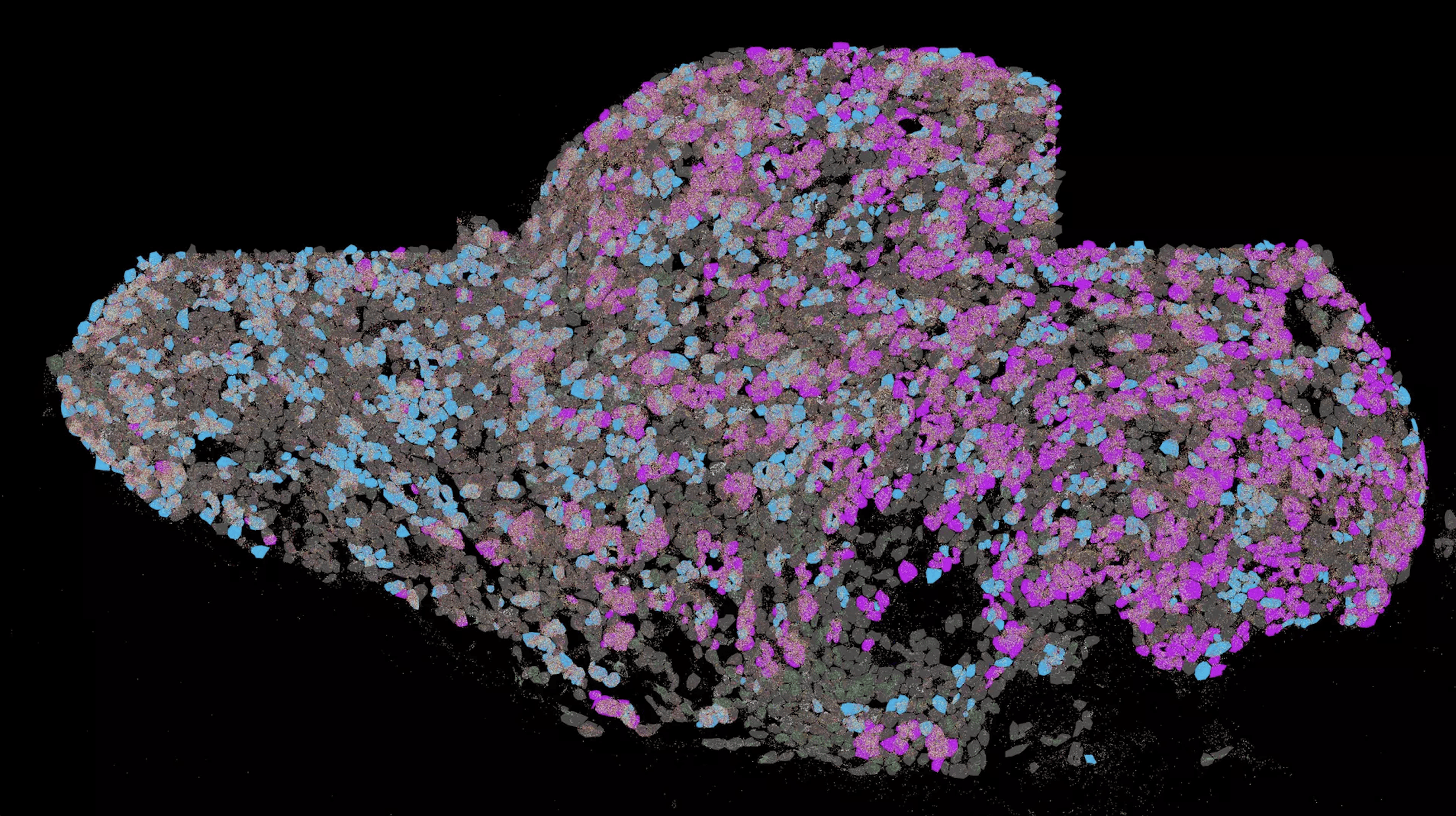
Not all infections with SARS-CoV-2 run the same course. Certain factors increase the risk of contracting a severe case of COVID-19. For example, age, gender and lifestyle appear to play an important role. An international research team from the Department of Cardiology and Angiology at Hannover Medical School (MHH) and the University of Marburg, Germany, in cooperation with the Twincore Center for Experimental and Clinical Research, a joint institution of the MHH and the Helmholtz Center for Infection Research, has investigated why older men who get little exercise are particularly at risk.
The work focuses on the tissue hormone prostaglandin E2 (PGE2). In viral infections, the messenger suppresses the innate and learned immune system and promotes the spread of viruses. However, there are ways to lower the level of PGE2 in the blood and improve the immune response. This is accomplished with physical exercise as well as treatment with taxifolin, a naturally occurring PGE2 inhibitor derived from Siberian larch extract. The study appeared in the Public Library of Science’s multidisciplinary online journal PLOS ONE.
COVID-19 sufferers have fewer immune cells
Our immune system can actually successfully fend off viral diseases. Two types of cells from the white blood cell group are particularly important for this: T cells and B cells. T cells can directly destroy virus-infected cells and enable B cells to form virus-neutralizing antibodies. However, PGE2 ensures that fewer of these two cell types are present to defend against SARS-CoV-2 infection.
“We received lung tissue and blood samples from patients severely affected by COVID-19 from Belgium, Italy and from the Hannover Unified Biobank at MHH. They exhibited significantly elevated levels of PGE2,” explain Dr. Melanie Ricke-Hoch and Dr. Denise Hilfiker-Kleiner, professor of molecular cardiology at MHH and now dean at the Faculty of Medicine at Philipps University Marburg.
The tissue hormone suppresses the production of the protein PAX5, which in turn regulates the formation and maturation of B cells. As a result, the immune system is weakened and viruses can spread unhindered. In studies of lung tissue samples from people who died of COVID-19, there were actually significantly fewer B cells than in healthy lungs, the scientists report.
SARS-CoV-2 fosters further infections
The research team was also able to show that SARS-CoV-2 is partly responsible for this increased PGE2 production in the lung epithelium. Since PGE2 also reduces the number of B cells, the virus itself thus appears to ensure that the antiviral immune response is weaker. “This opens the door to secondary infections by fungi, for example, as has already occurred more frequently in India,” explains Professor Hilfiker-Kleiner. Re-infections with SARS-CoV-2 are then also possible. According to the scientist, this reinfection could be the reason why the immune reaction suddenly overshoots in severe COVID-19 courses and organ damage occurs as a result.
Taxifolin can lower PGE2 levels
But elevated PGE2 levels also occur in non-infected individuals, especially in older people with inactive lifestyles. However, there are agents to lower PGE2 levels and thus improve the immune response. One of them is called taxifolin. The substance is extracted from the wood of the larch tree and is freely available as a dietary supplement. In cell cultures, the research team was able to demonstrate that the plant extract acts as a PGE-2 inhibitor.
“But further studies must first clarify whether this can be considered a preventive measure for high-risk patients,” says Dr. Ricke-Hoch. Another option is more exercise. “We examined blood samples from healthy seniors who completed twelve months of an exercise program,” says the researcher. The evidence was clear. There was significantly less PGE2 in the blood samples taken at the end of the program than in those taken beforehand.
Also interesting: Exercise gets the brain going in depression (German only)








